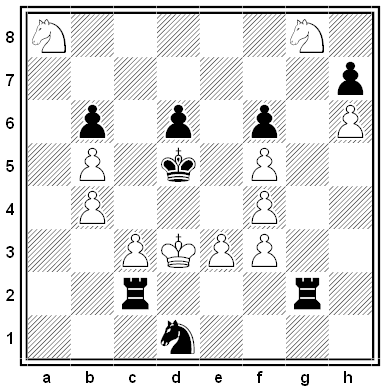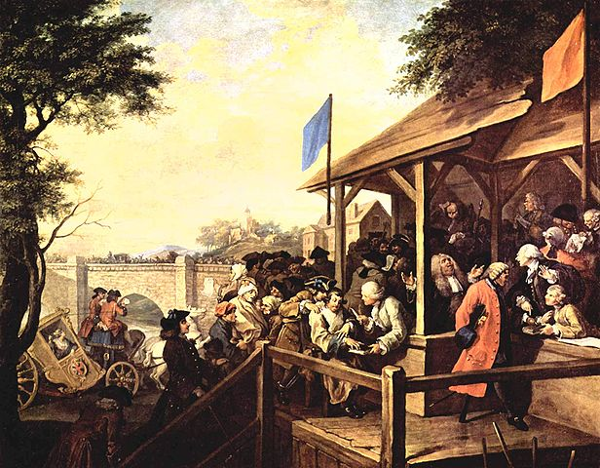Take the first n prime numbers, 2, 3, 5, …, pn, and divide them into two groups in any way whatever. Find the product of the numbers in each group, and call these A and B. (If one of the groups is empty, assign it the product 1.) No matter how the numbers are grouped, and
will always turn out to be prime numbers, provided only that they’re less than
(and greater than 1, of course). For example, here’s what we get for (2, 3, 5) (where
= 72 = 49):
2 × 3 + 5 = 11
2 × 5 + 3 = 13
2 × 5 – 3 = 7
3 × 5 + 2 = 17
3 × 5 – 2 = 13
2 × 3 × 5 + 1 = 31
2 × 3 × 5 – 1 = 29
In More Mathematical Morsels (1991), Ross Honsberger writes, “For me, the fascination with this procedure seems to lie to a considerable extent in the amusement of watching it actually turn out prime numbers; I’m sure I only half believed it would work until I had seen it performed a few times.”
It makes sense if you think about it. Each of the first n prime numbers will divide either A or B but not the other, so it will fail to divide either or
. That means that any prime divisor of
or
must be at least as big as
, and if there were more than one of them, the number would amount to at least
, putting it outside the limit. So for
or
between 1 and
, it must itself be a prime number p such that pn+1 ≤ p <
.





